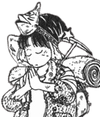Talking art | All Time Best: The Ai Yazawa Exhibition
Taking a stroll through the career of one of manga's most celebrated artists.


Halfway through All Time Best—an art exhibition of the work Ai Yazawa—in the only section that doesn’t allow photography, there is a picture. It is large and framed, and drawn with crayon on thin, cheap paper all wrinkled up from years of movement and love. The image is faded and a little hard to see, only moreso due to the scribbles on the back of the paper bleeding through.
The picture is the earliest drawing of Yazawa’s that she knows about, drawn when she was only three or four. It’s everything you’d expect from a child’s drawing. It is also a perfect representation of one of the greatest artists in manga history.
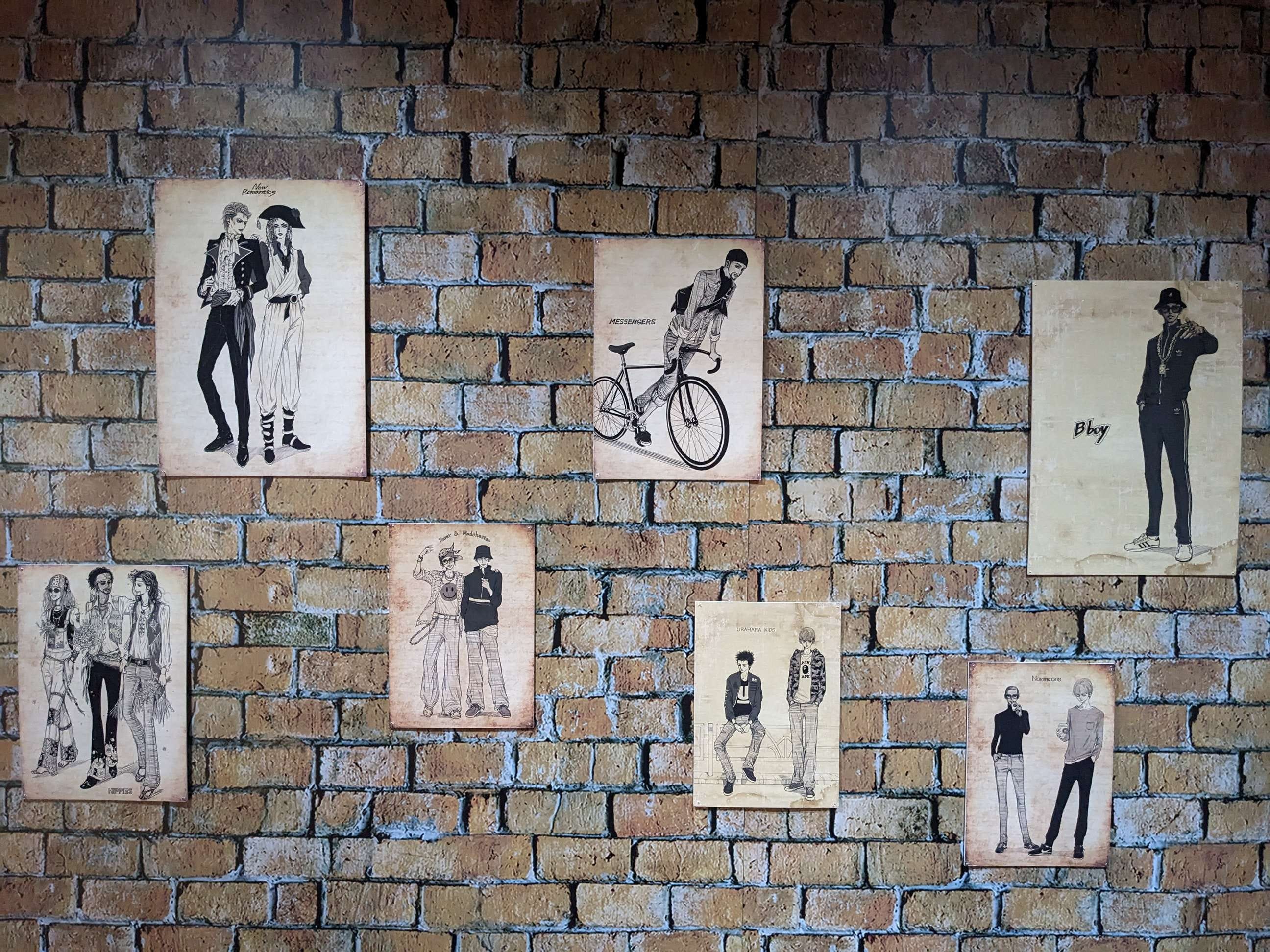
The first series covered in All Time Best, after a brief introduction of Yazawa’s fashion focused work (a pic for just about every style you can imagine—normcore rise up), was also my introduction to Yazawa: Paradise Kiss.
A condensed romantic drama surrounding an aspiring model and the fashion collective around her, Paradise Kiss is fun and funny and heart-stoppingly romantic. It is also, at every single turn, uncomfortably real. Love here isn’t clean or pure; it’s messy, violent, and scary. Danger bubbles around the primary love interest, George, a closed book who manipulates and seduces and makes you swoon like nothing else.
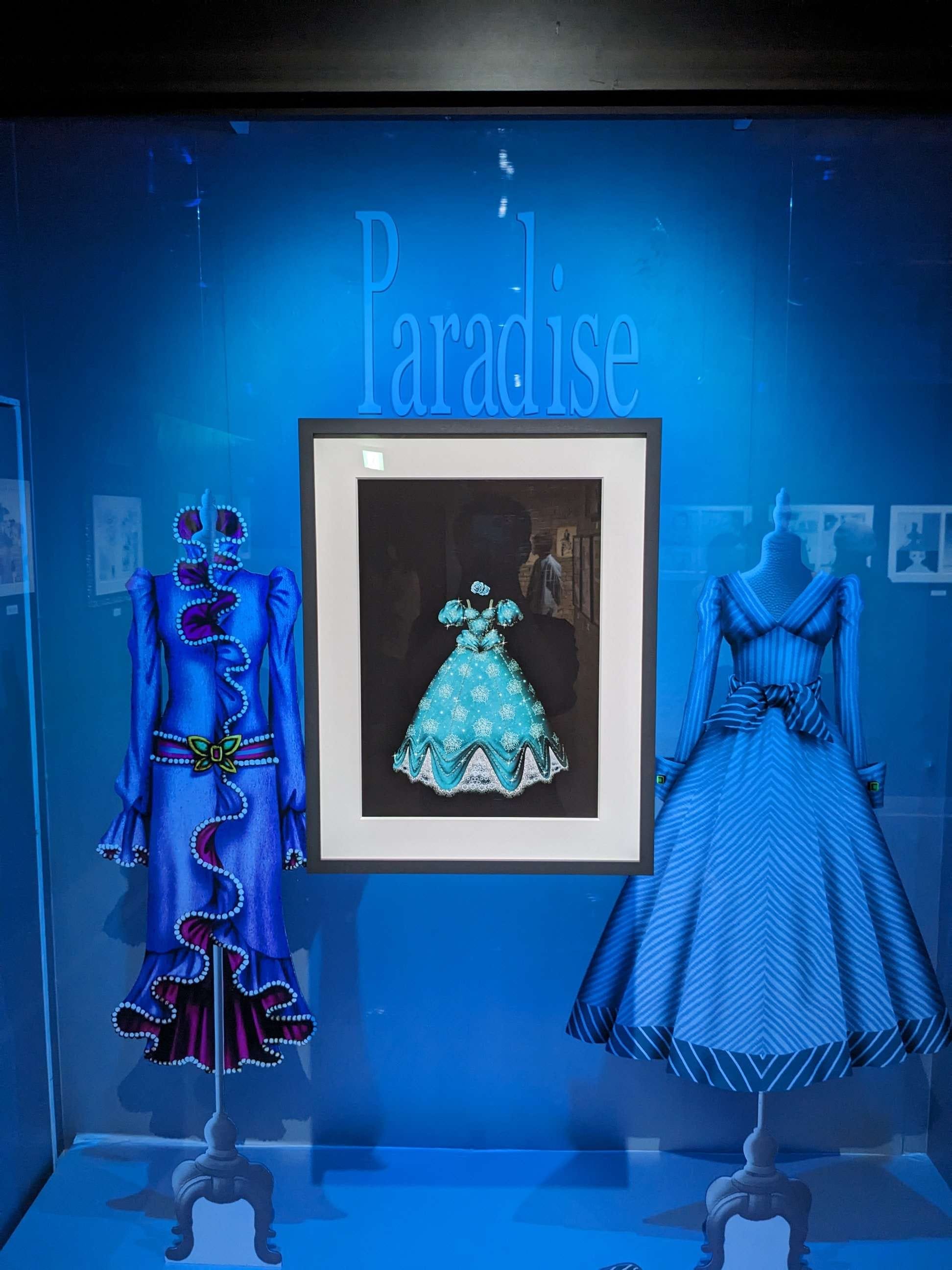
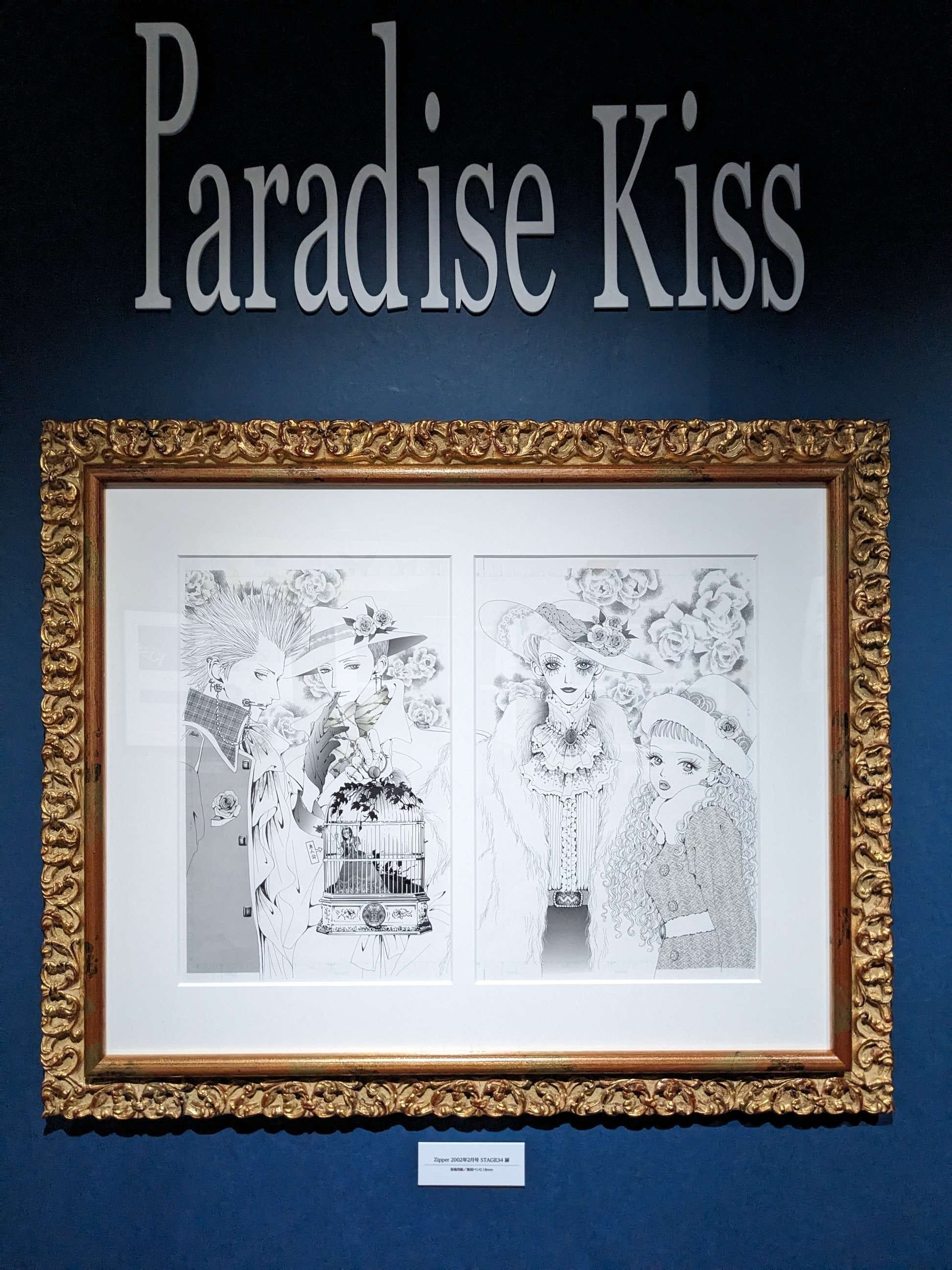
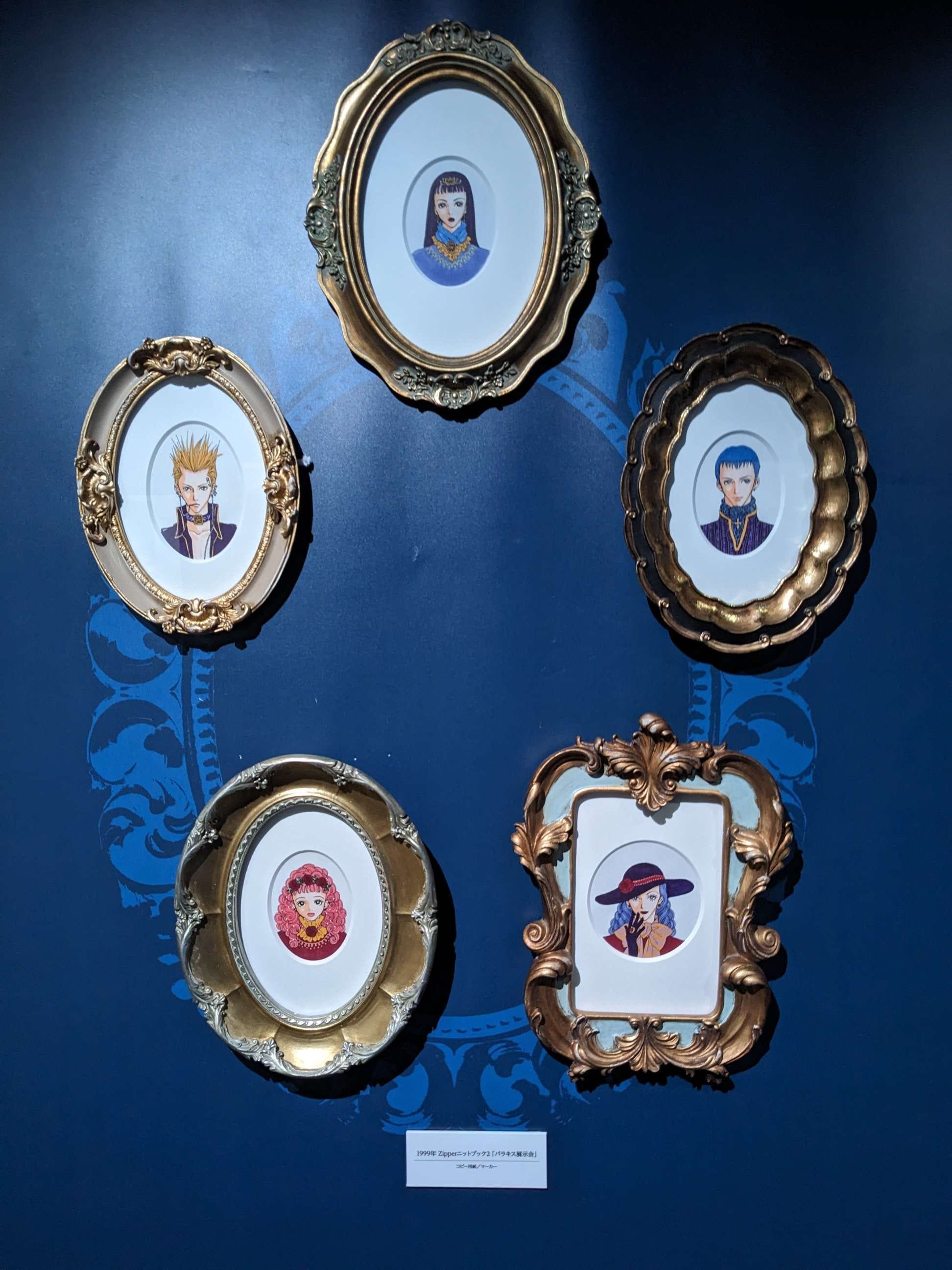
And that danger around George permeates everywhere. Paradise Kiss is a series full of that conflicting feeling inherent to adolescence (and life); that desperate desire tinged with the sense that things aren’t quite right, that the world is darker and messier than it was ever made out to be.
This is one of Yazawa’s specialties. She operates with near operatic melodrama stuffed down into the real world, deeply understanding that the reality we experience is one unendingly filtered through raw emotion.
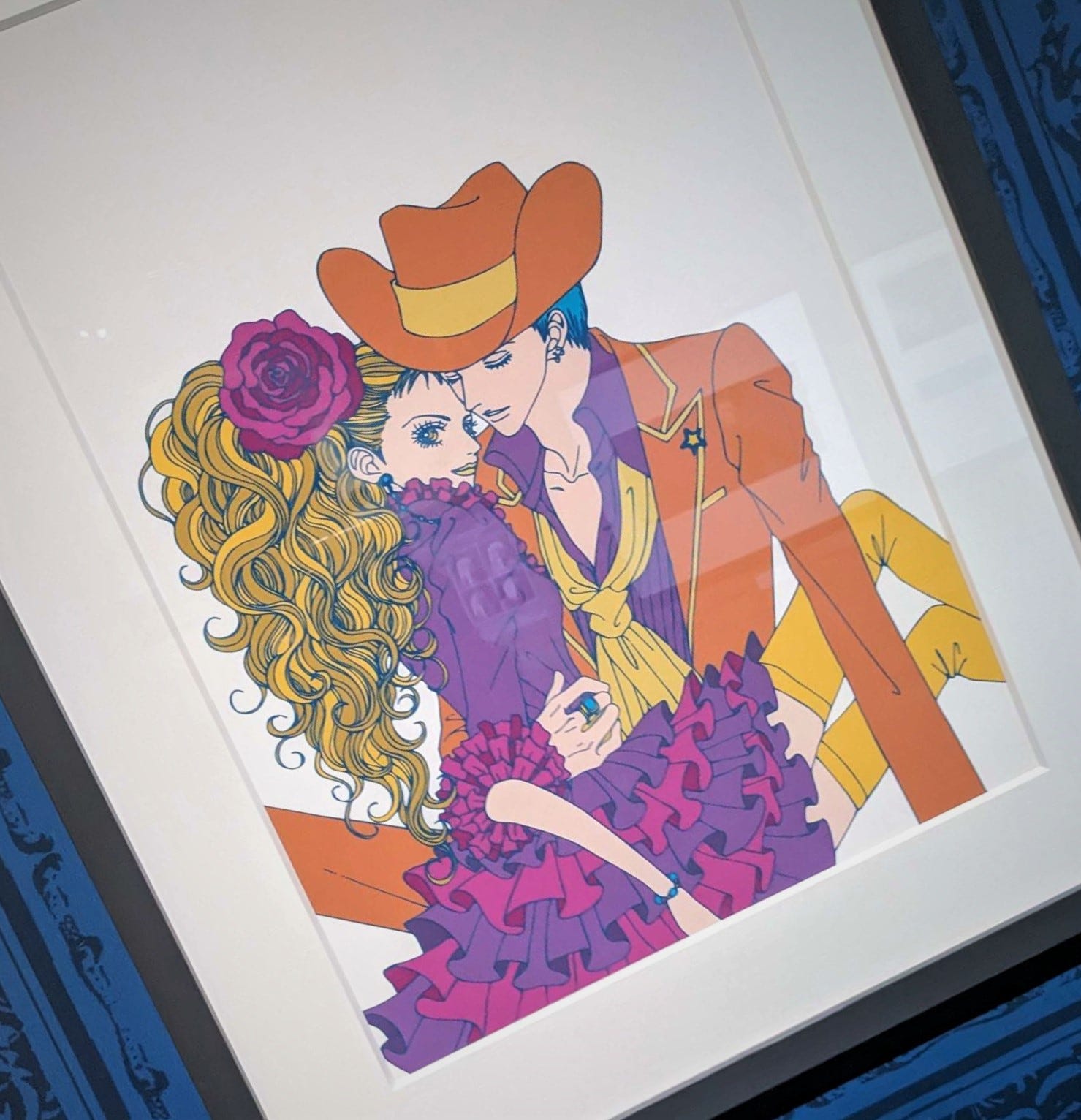
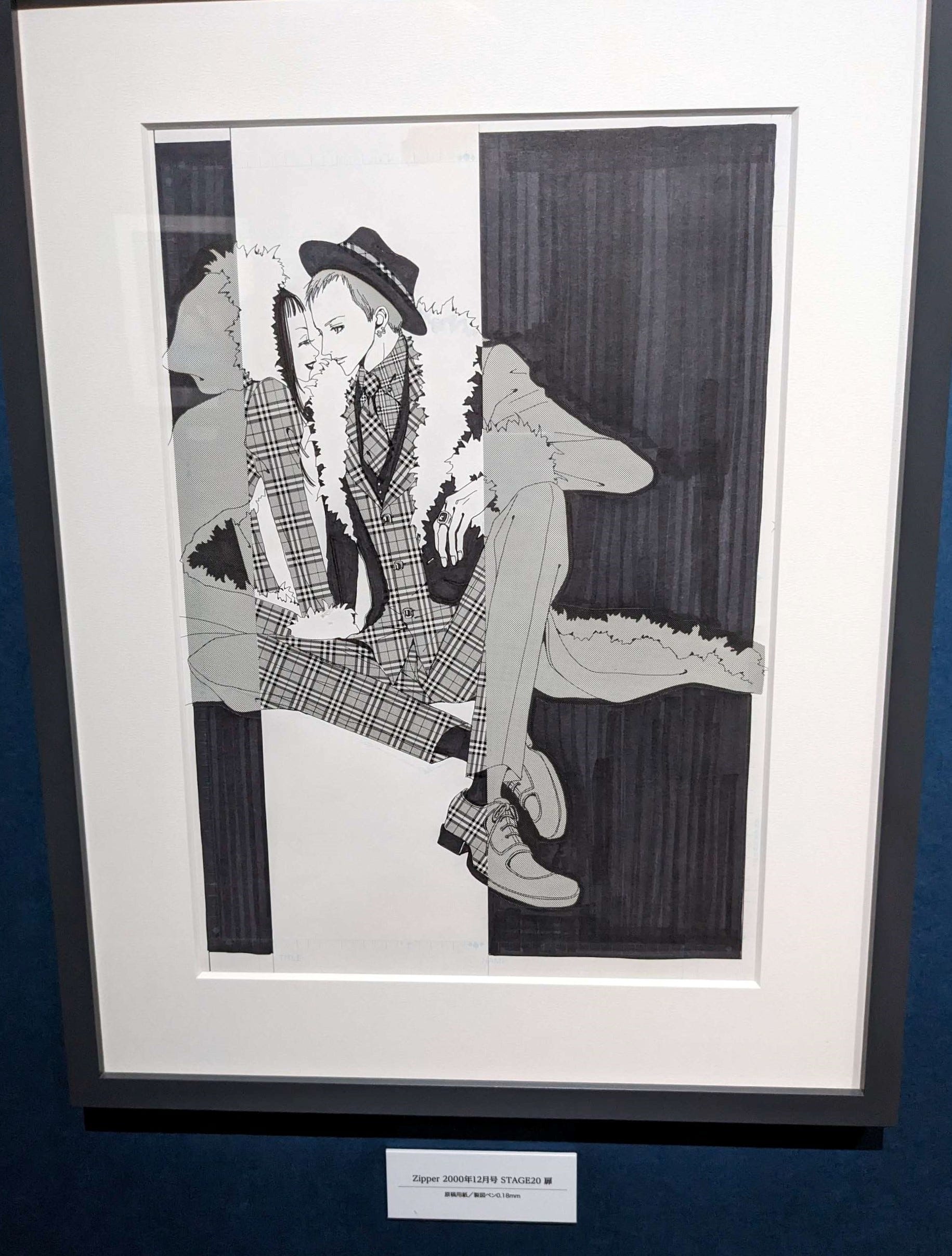
After Paradise Kiss, the exhibit moves back, not forward, to Neighborhood Story, the semi-prequel that Paradise Kiss is actually a spin-off of.
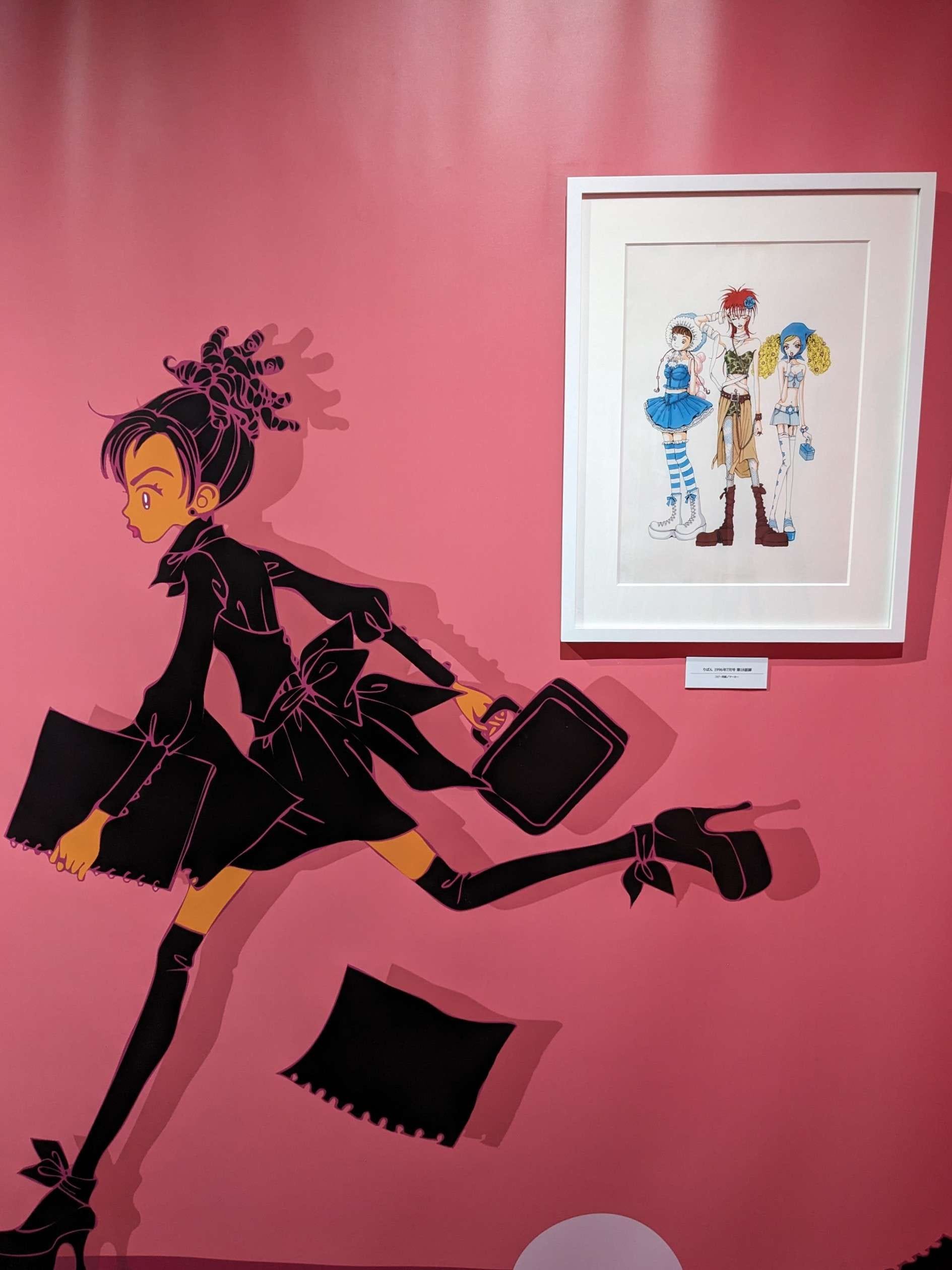
Here, you have to talk about another of Yazawa’s specialties: her unparalleled sense of style. It is the least surprising thing in the world that Yazawa went to college for fashion, and maybe even less surprising that she dropped out, the chic punk flair that defines so many of her characters perfectly in line with the young, societal rebellion of her stories. Yazawa manga are comics to ogle over, to soak up and bring into your own life (which is probably why the crowd of people at the exhibition was nothing but the most fashionable, cool looking women I’ve ever seen in my life).
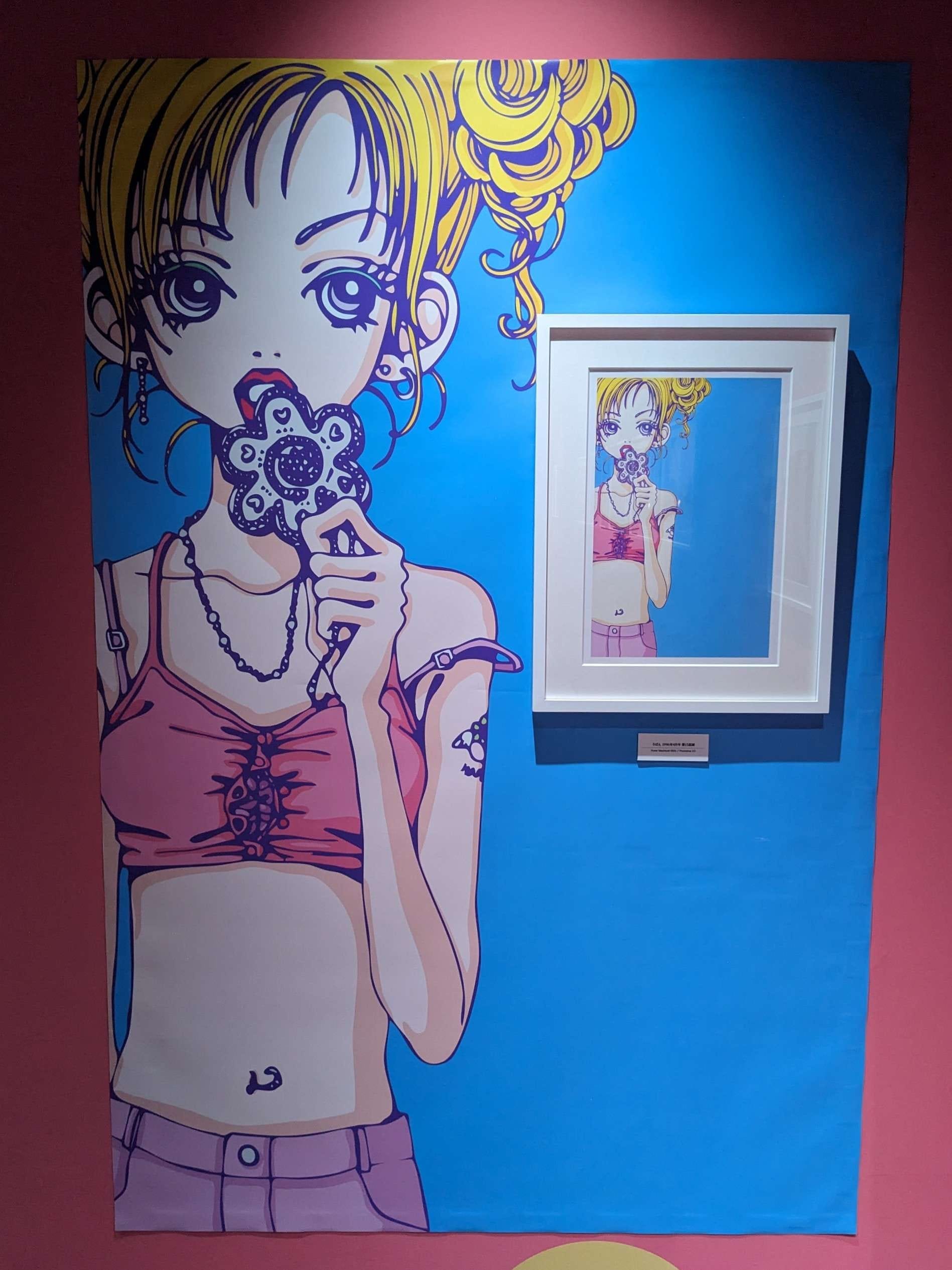
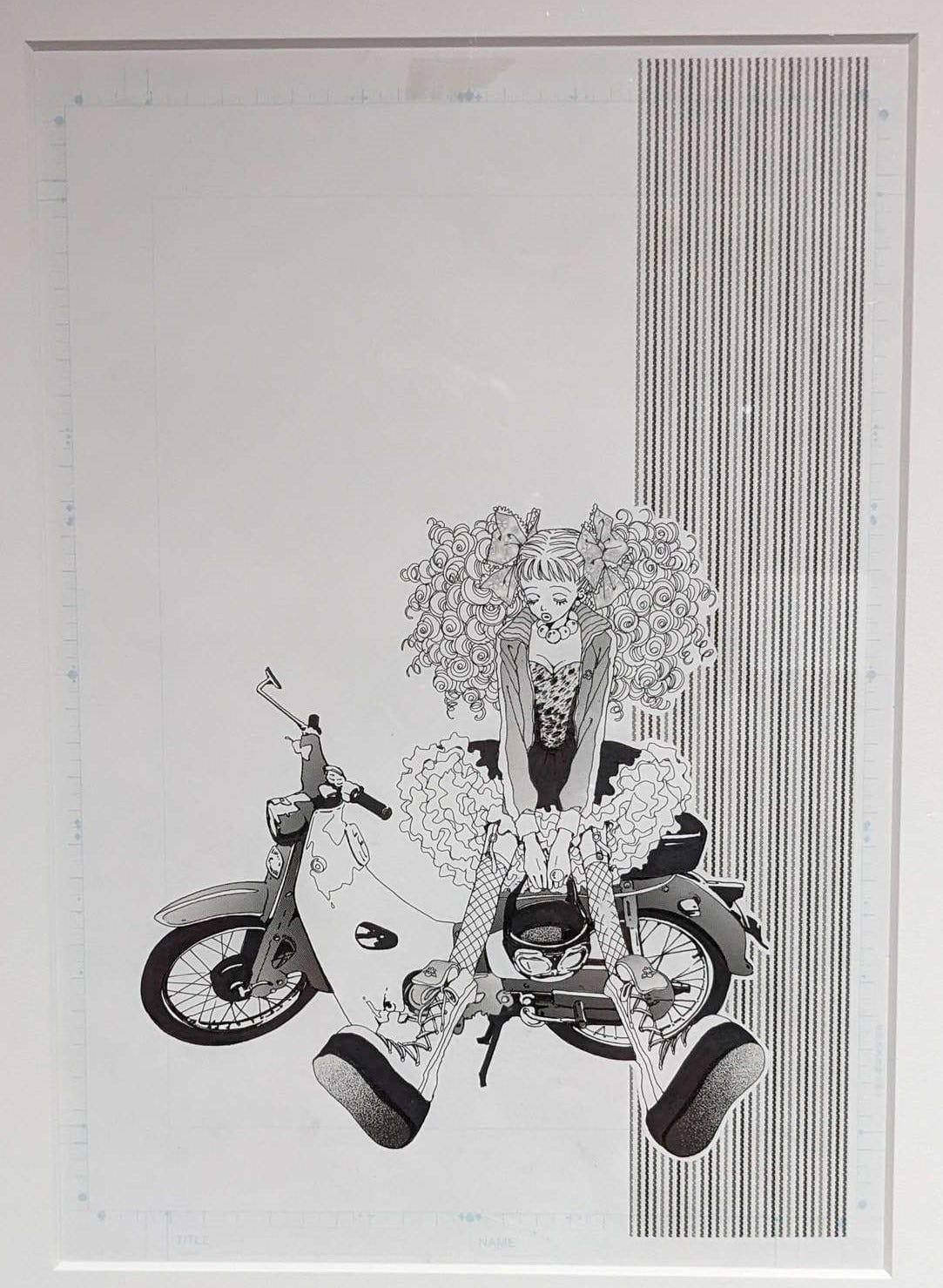
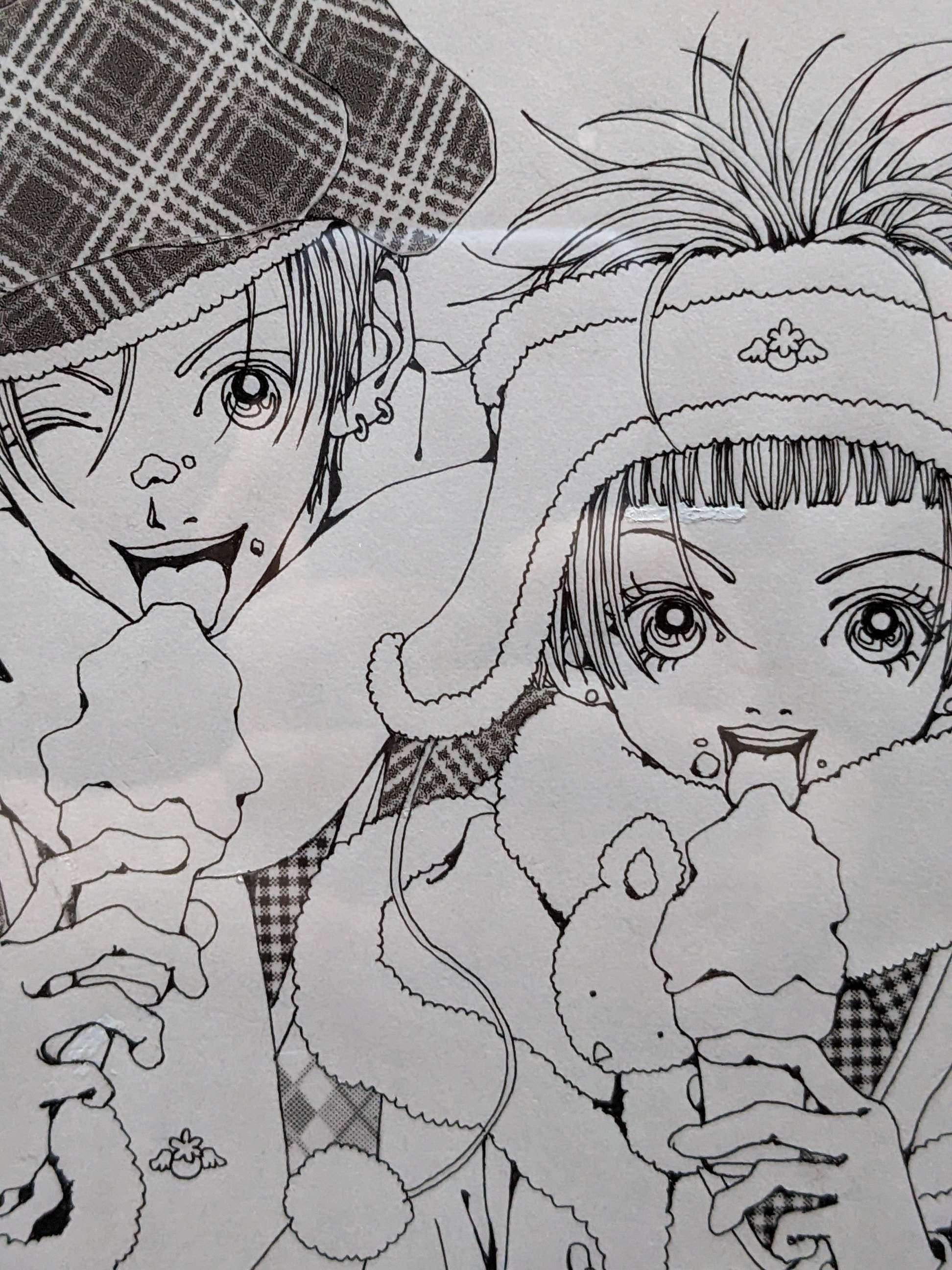
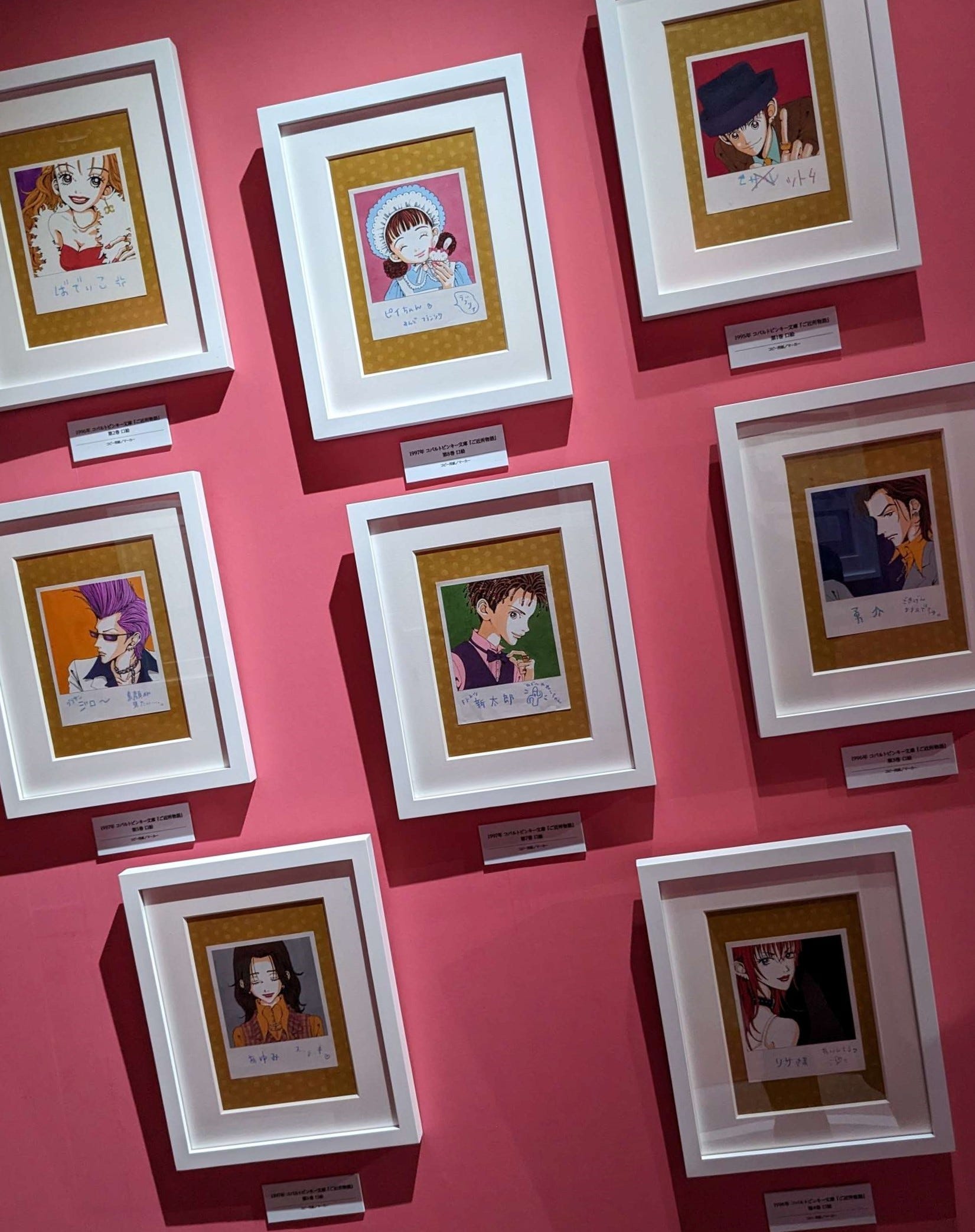
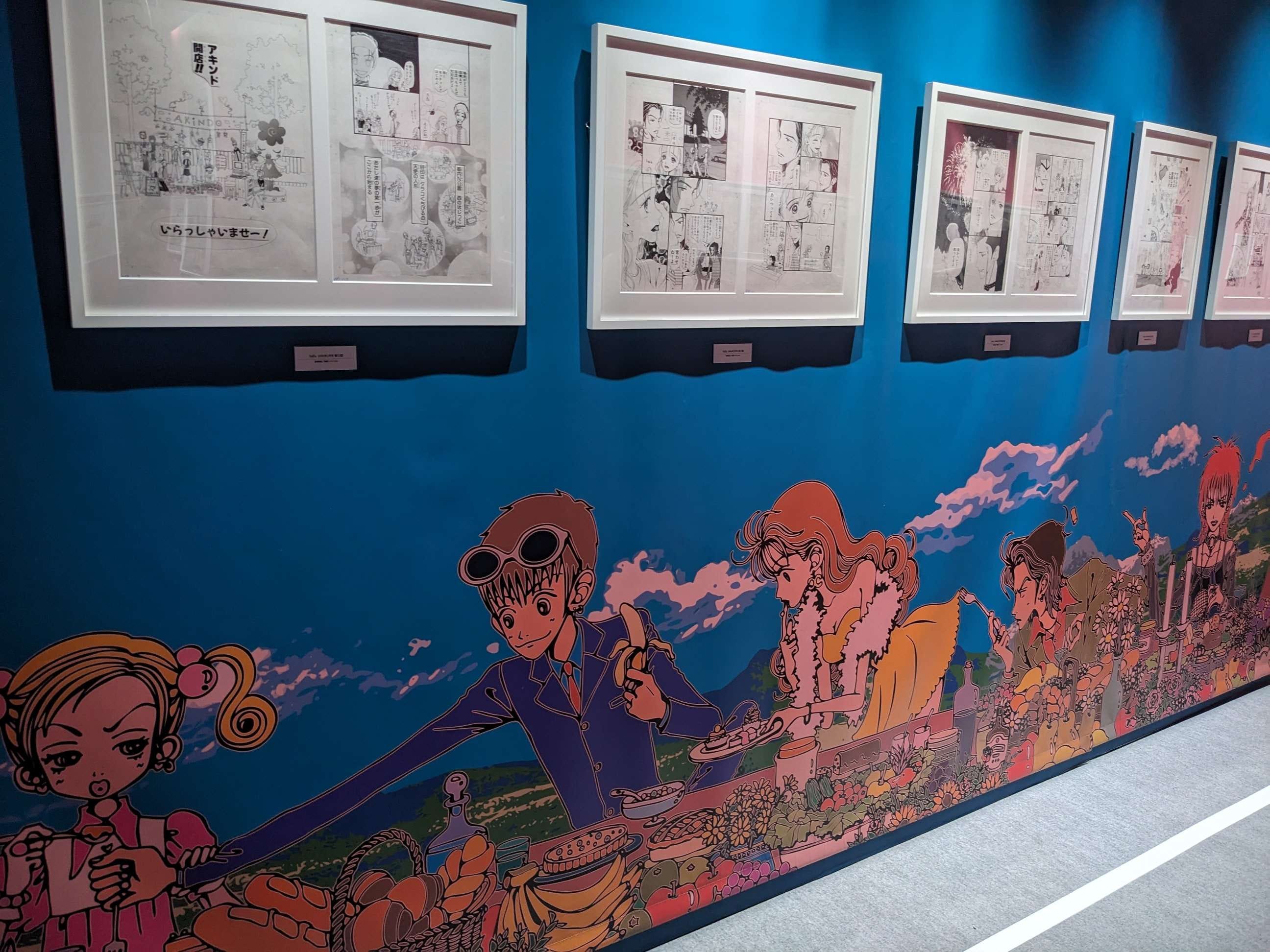
Around here is the one portion of the exhibition that doesn’t permit photography. Set up in long glass cabinets is merchandise galore, everything you could ever imagine plastered from head to toe with Yazawa characters--stickers and pins and folders and files, hair-dryers and hair-dyers, umbrellas, snacks, toothbrushes, bags, puzzles, games, CDs, DVDs, clothes of all kinds and magazines unending.
And at the end of this, a massive wall proudly displaying every volume of manga she’s ever published, lined up neat and tidy in perfect chronological order.

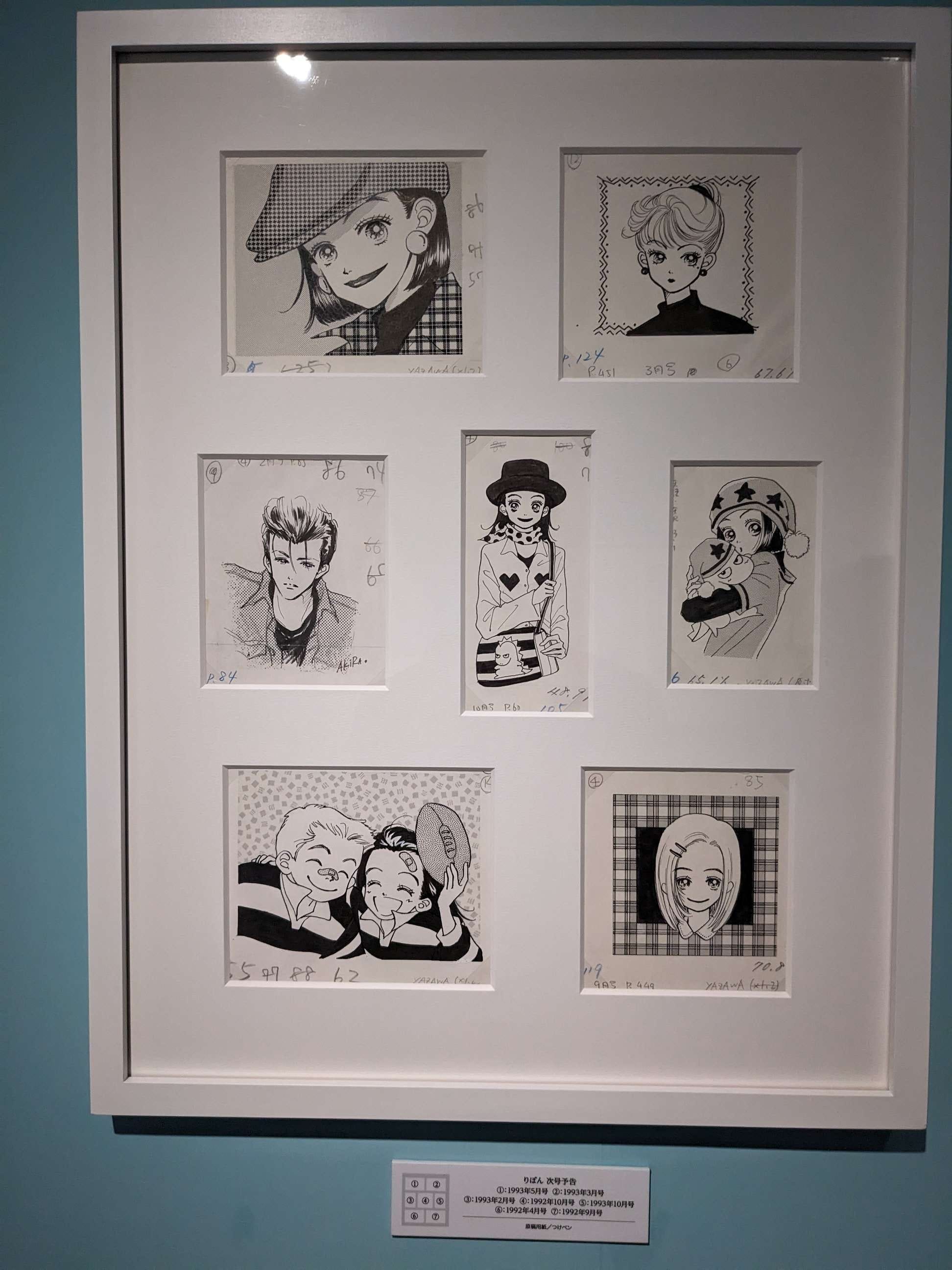
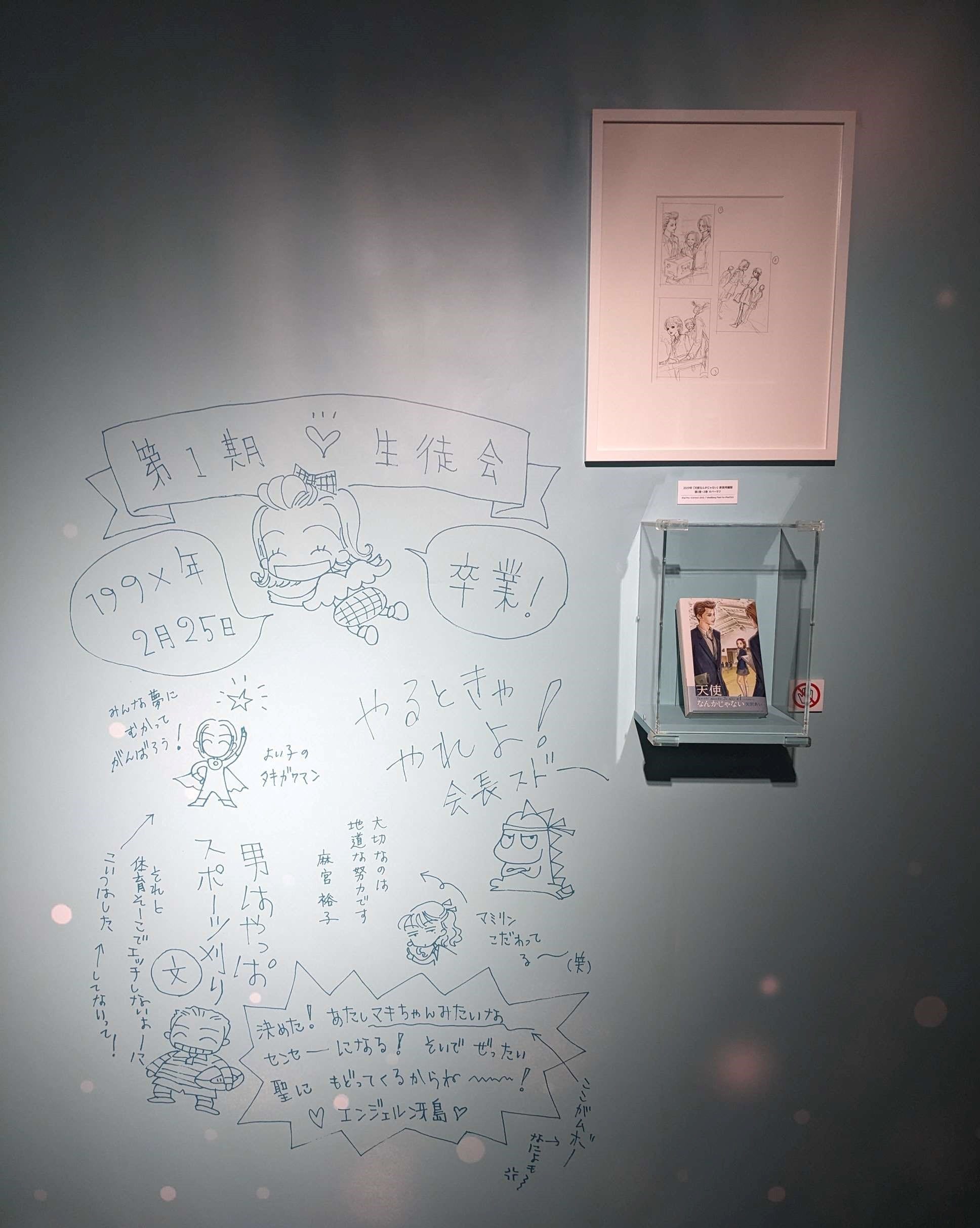
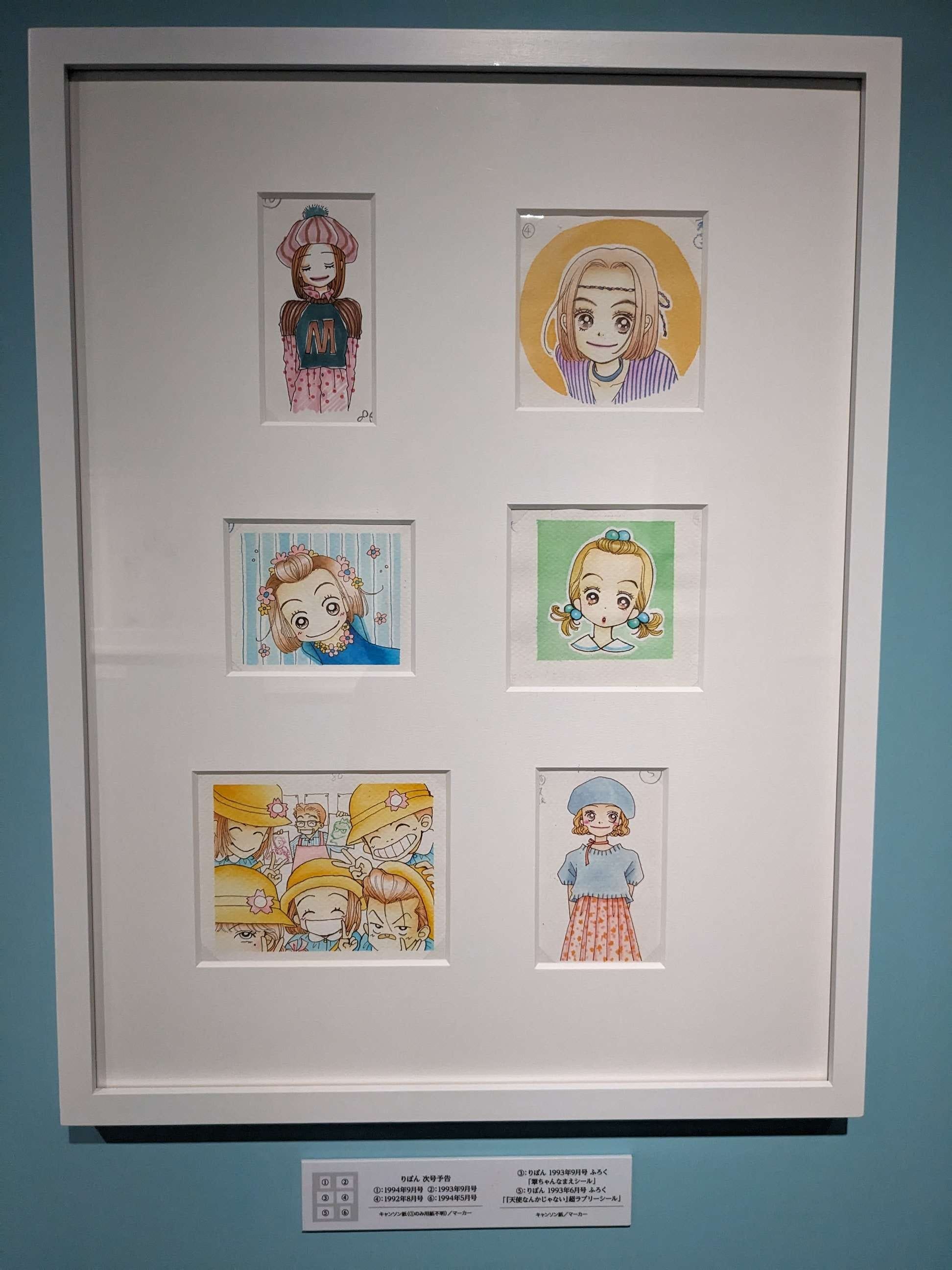
Then a turn to the right, and the single word everyone has been silently waiting for this entire time.
Nana.
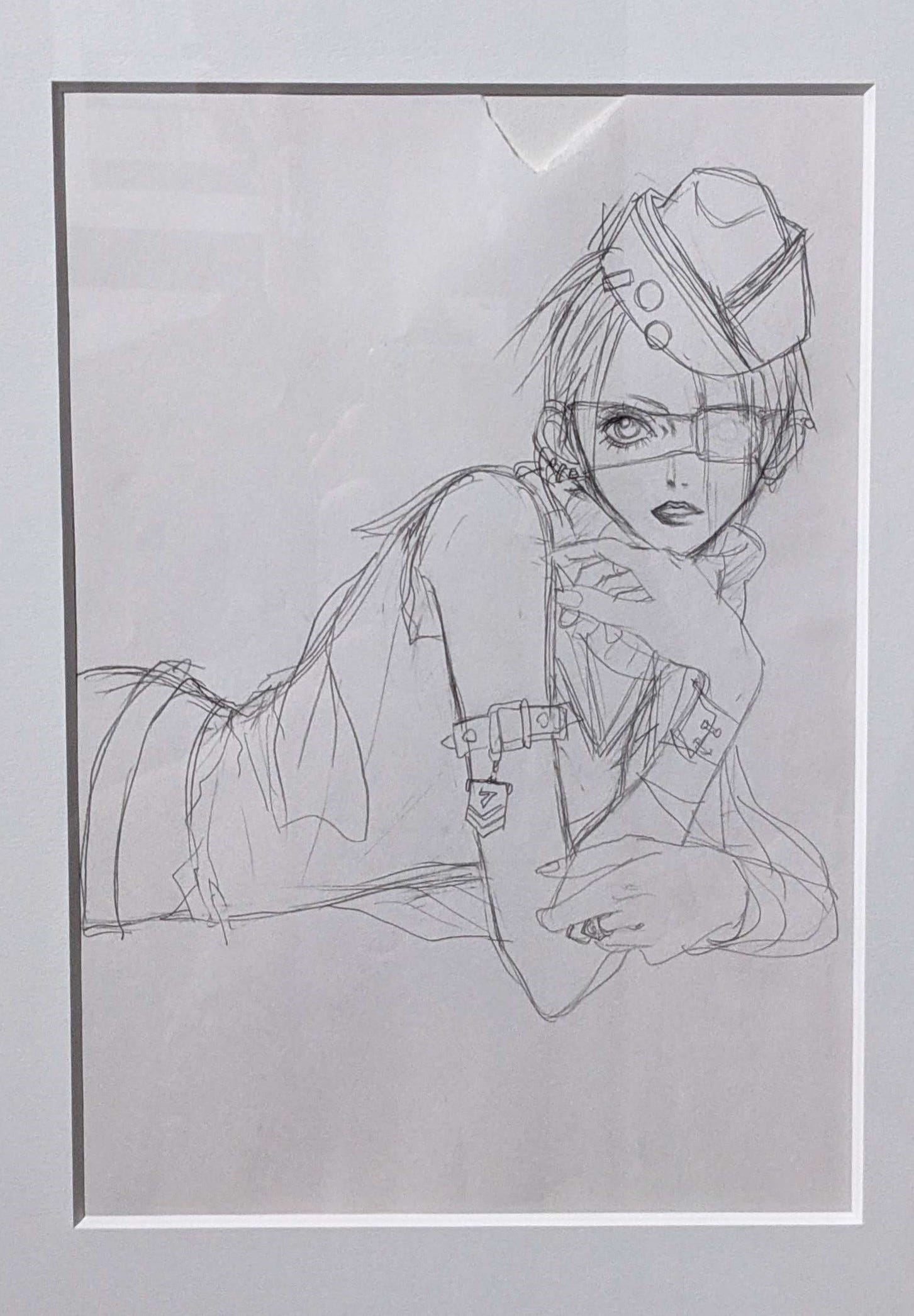
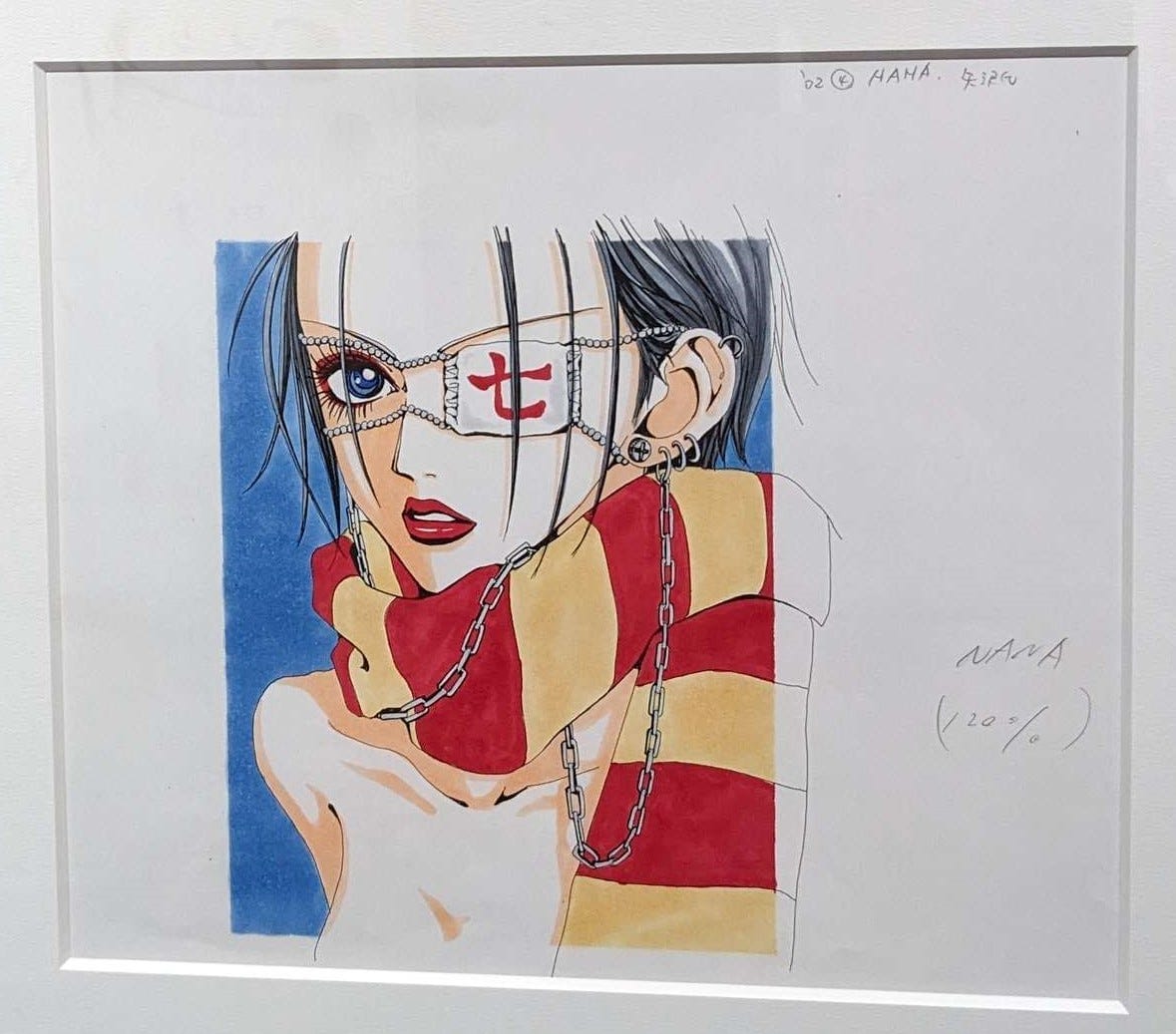
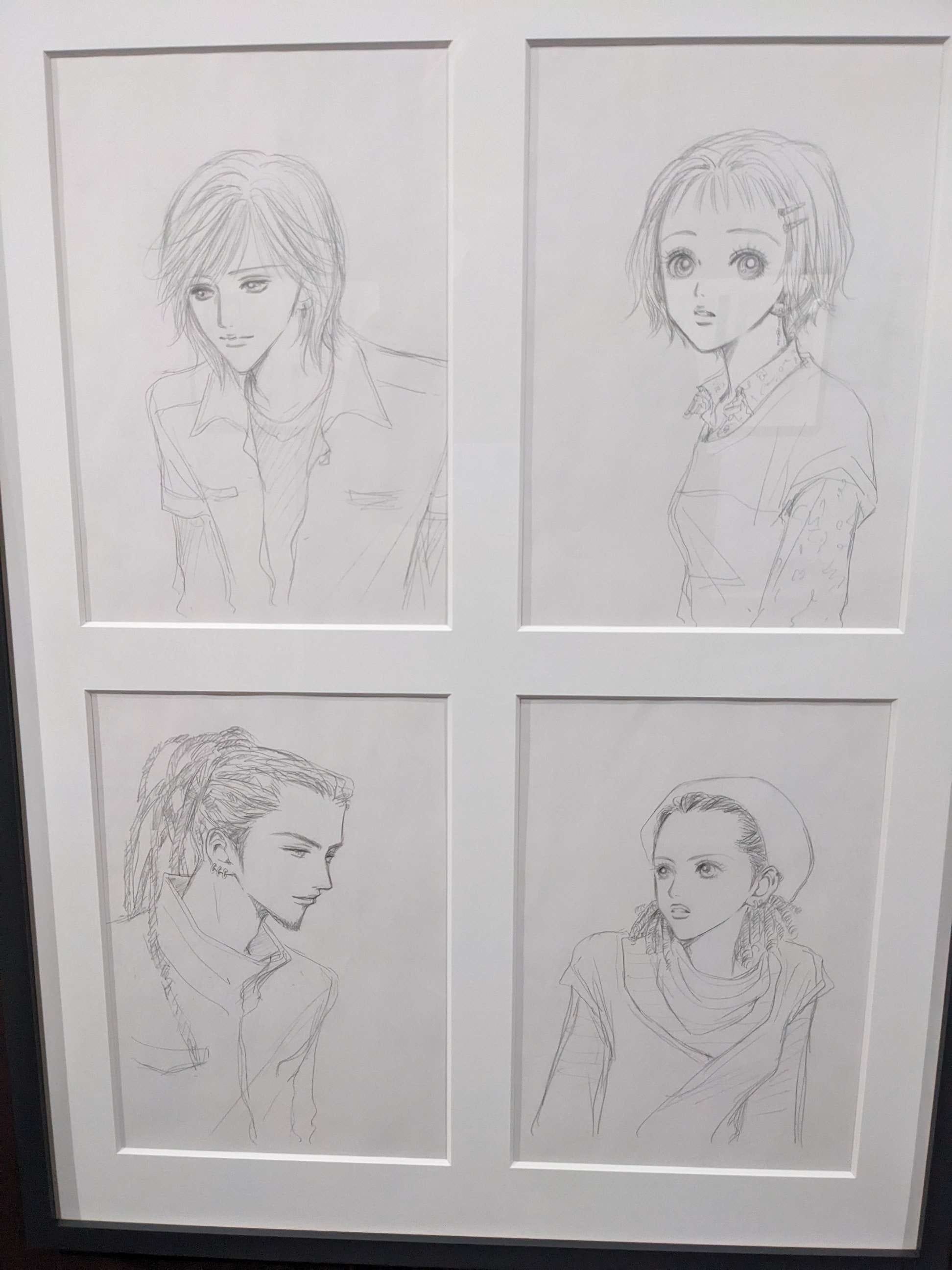
Is it even possible to fully convey the monumental existence that is Nana? If any title could be called Yazawa’s magnum opus, this is it. One of the most successful manga series of all time regardless of demographic, the series is an explosive firecracker from the jump: a deadly sharp dual narrative jumping through linear time and crystalizing Yazawa’s strong feminist interests as two opposite women with the same name meet, their lives and personalities tangling up into a strange, dangerous co-dependency.
The fashion? Iconic.
The melodrama? Immense.
The uncomfortable, distressingly real situations that feel like an attack on traditional romantic narrative structure? Like, every page!
Nana is everything you could want.
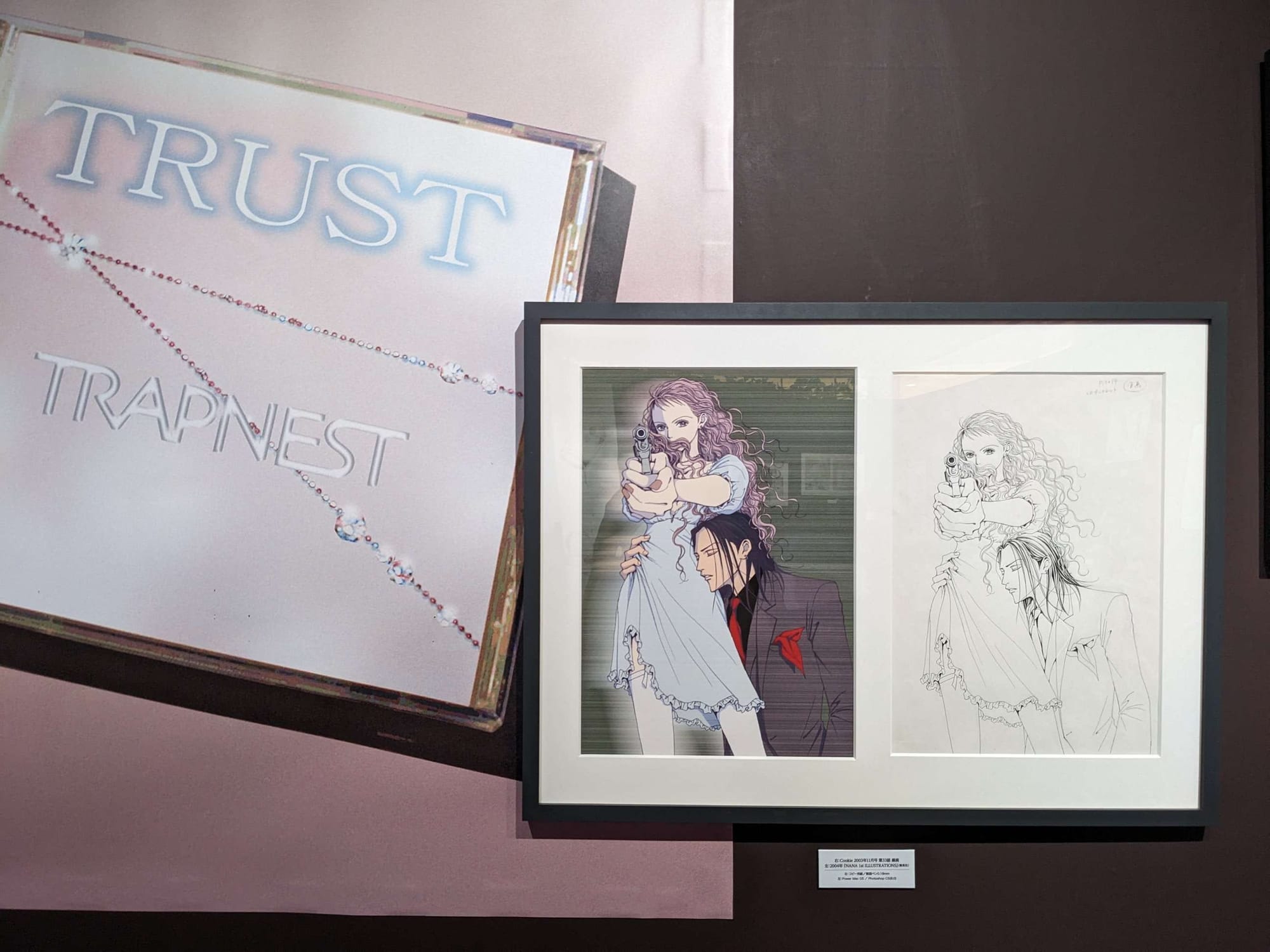
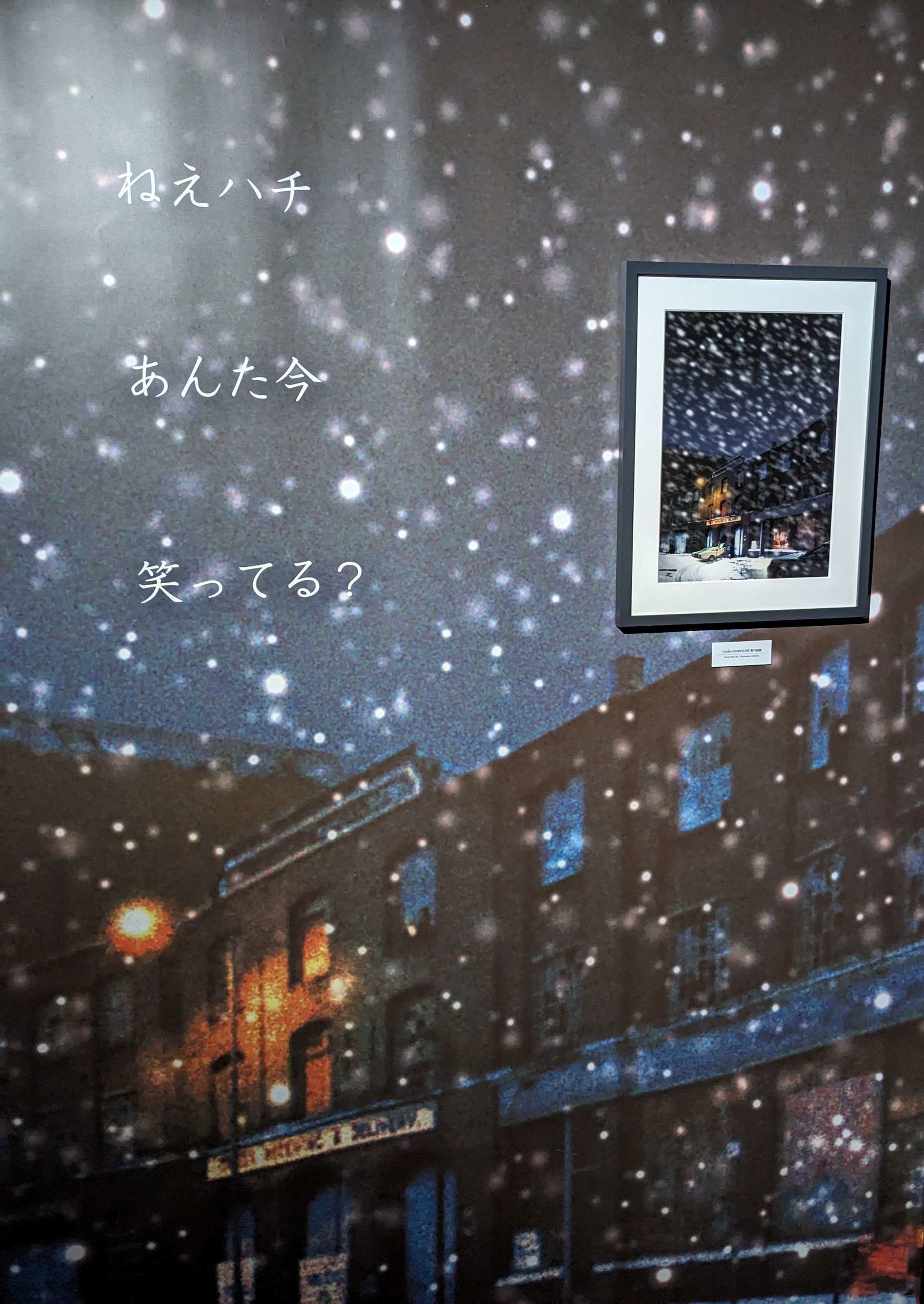
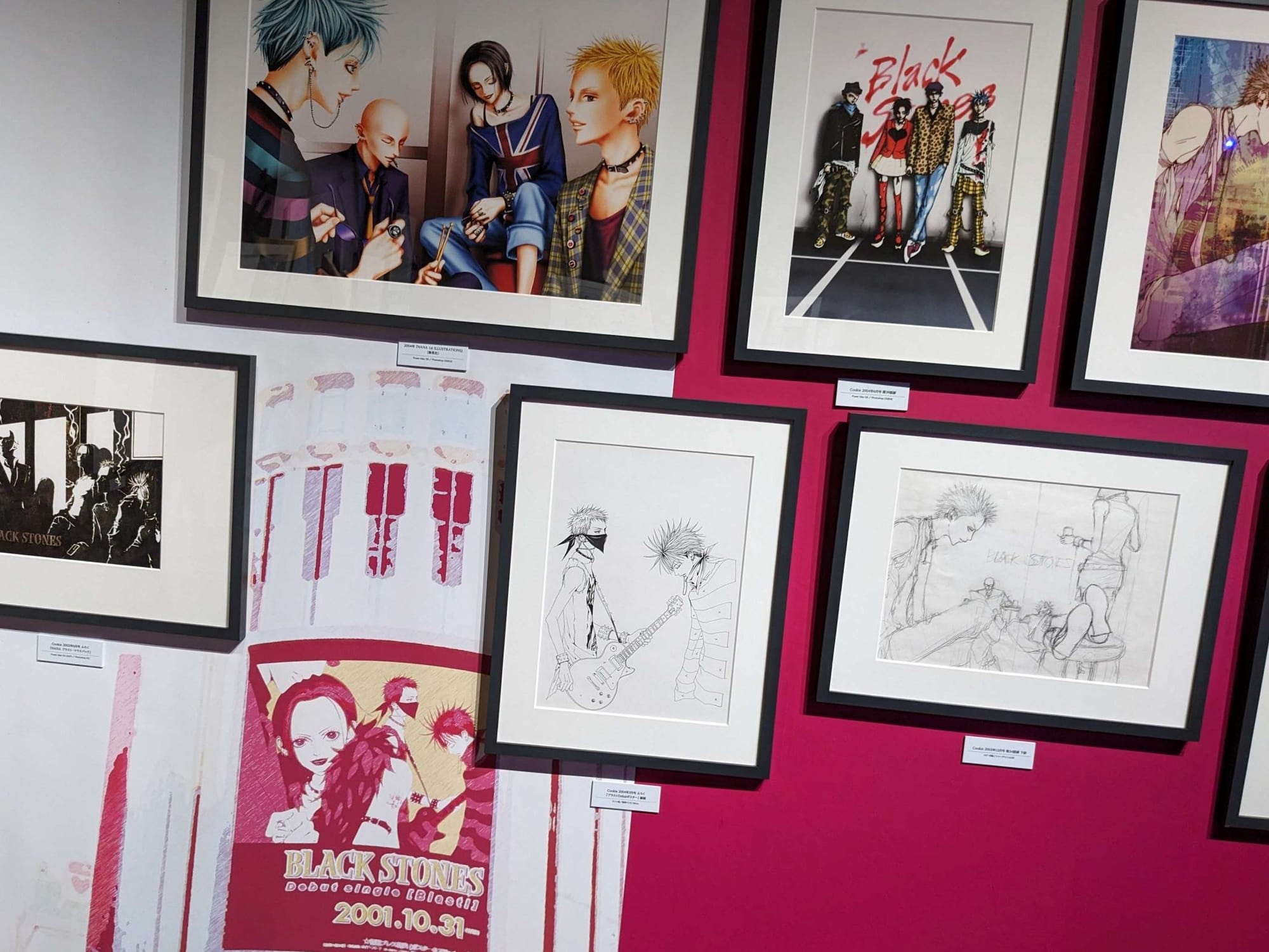
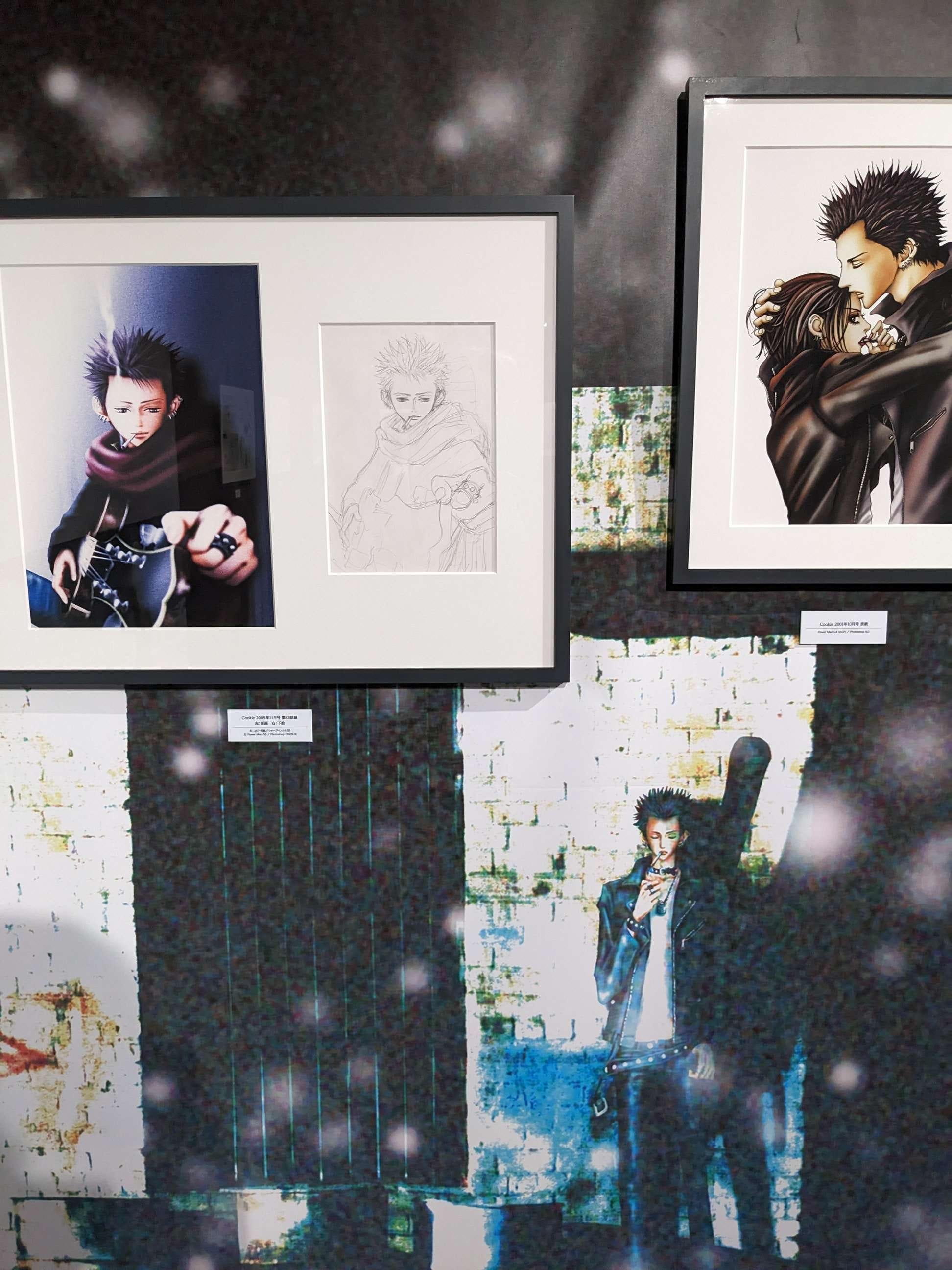

It also isn’t finished. It might never be. In 2009, Yazawa’s condition suddenly (to the outside world) collapsed. The magazine Cookie, which published the manga, put out a statement that Nana would be on hiatus until Yazawa got better and was able to work again.
It’s been fourteen years. There has not been a single new chapter.
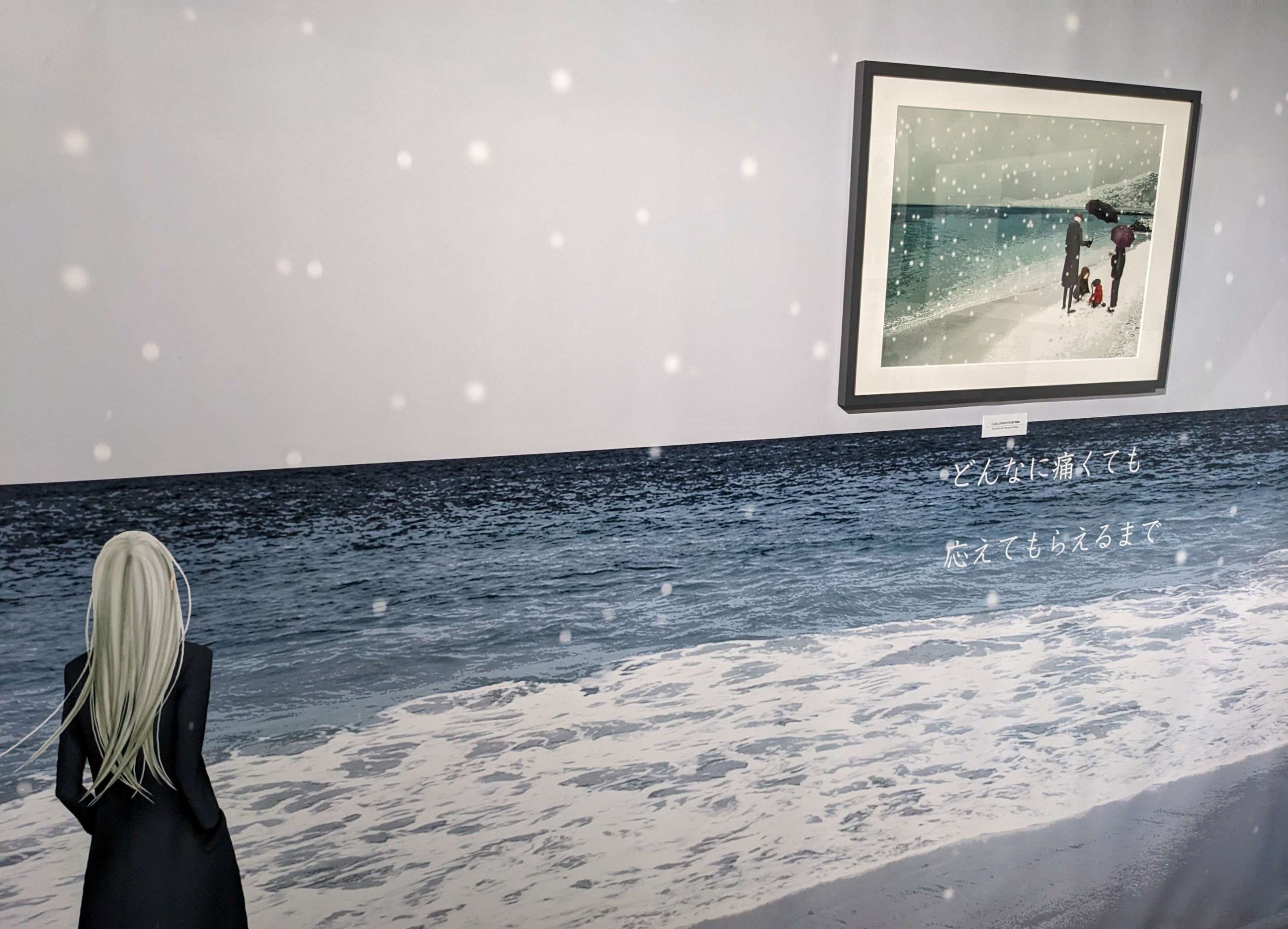
The picture Yazawa drew as a child, the one sitting into the middle of the exhibition, is of a person standing in a great expanse—perhaps a desert. On their body, strange ropey strips of pink clothing like dominatrix leather, or armor you might see in a Mad Max film; in their hand, a massive, gaudy purse; on their head, a giant panda head, also pink, smiling broadly.
Femininity. Rebellion. Danger. Love.
It’s all been there within her, ever since she was born. And it’s clear, with Yazawa’s enduring, monumental success, that it’s always been in us, too.
Music of the week: GIRLS BE - The French Operation
Not sure anyone could have predicted that a spin-off record of the popular manga BOYS BE… fronted by two iconic anime voice actresses would end up being an absolute shibuya-kei classic, but here we are! Featuring a whole host of tracks from veterans of the scene (including several by Keitaro Takanami, one of the members of Pizzicato Five!) this album delivers everything you could want from one of the world’s most hip genres: groovy, cute, fashionable, and happy to pinball around a hundred different influences.
Movie of the week: Vibrator
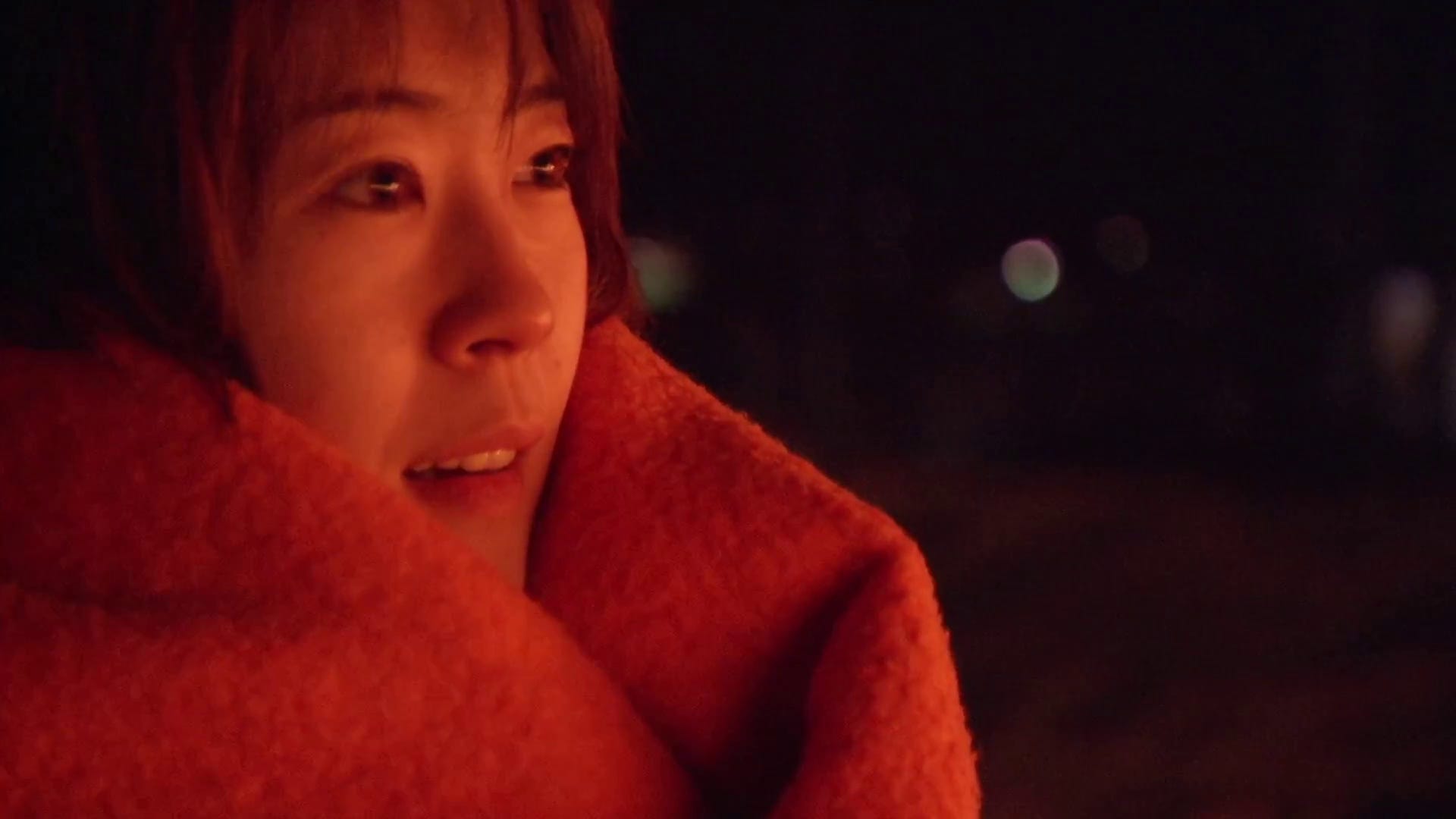
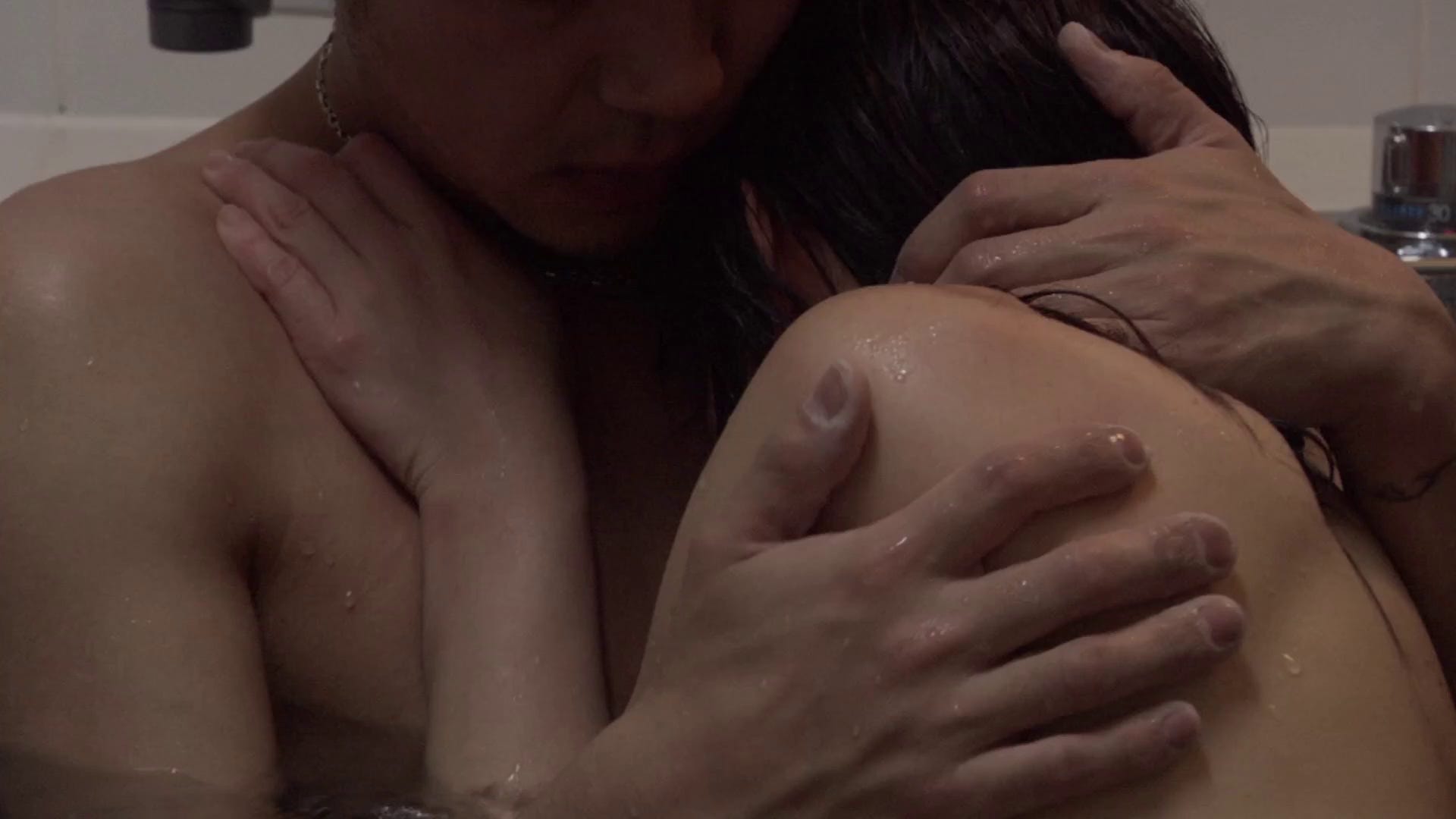
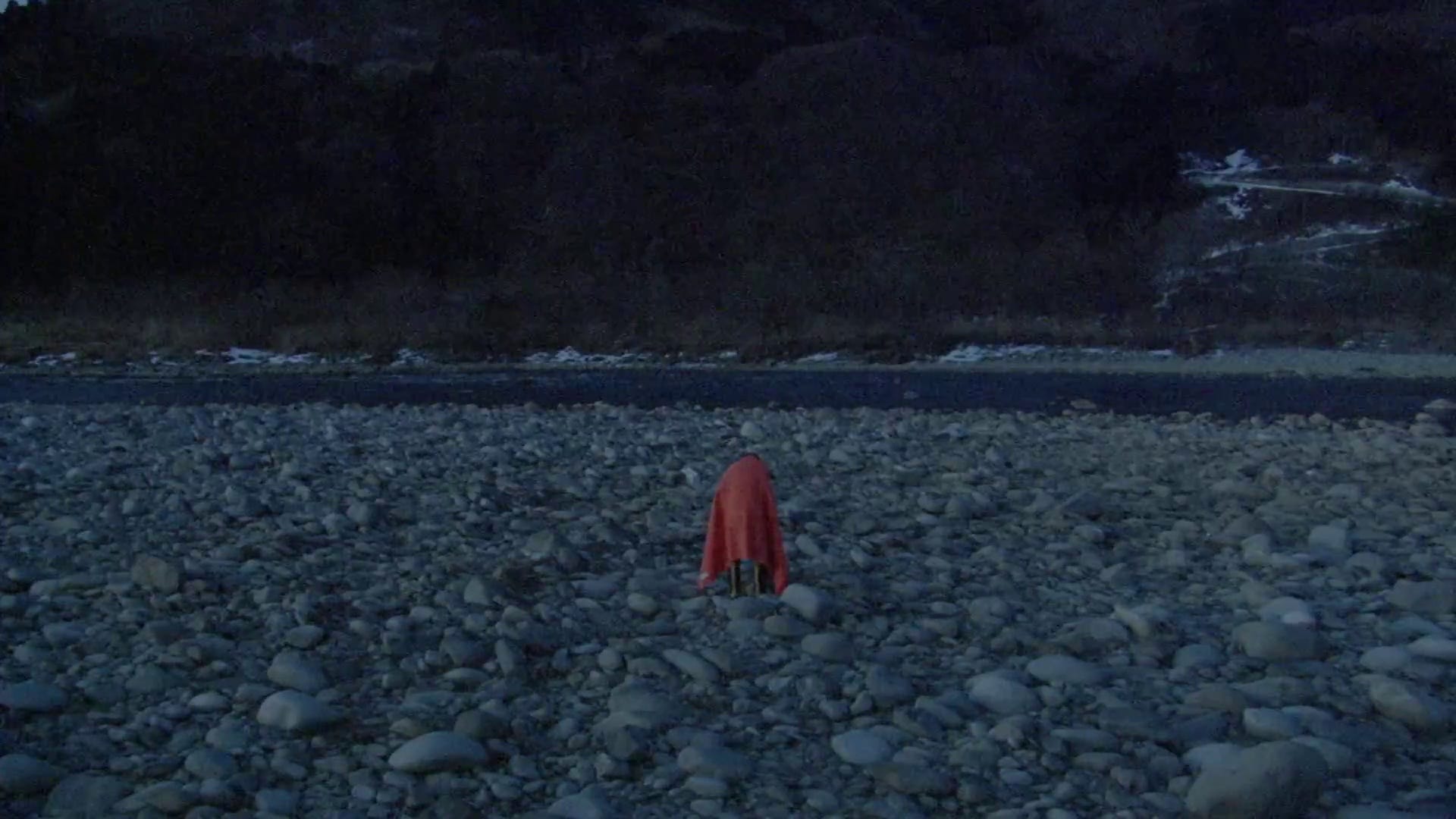
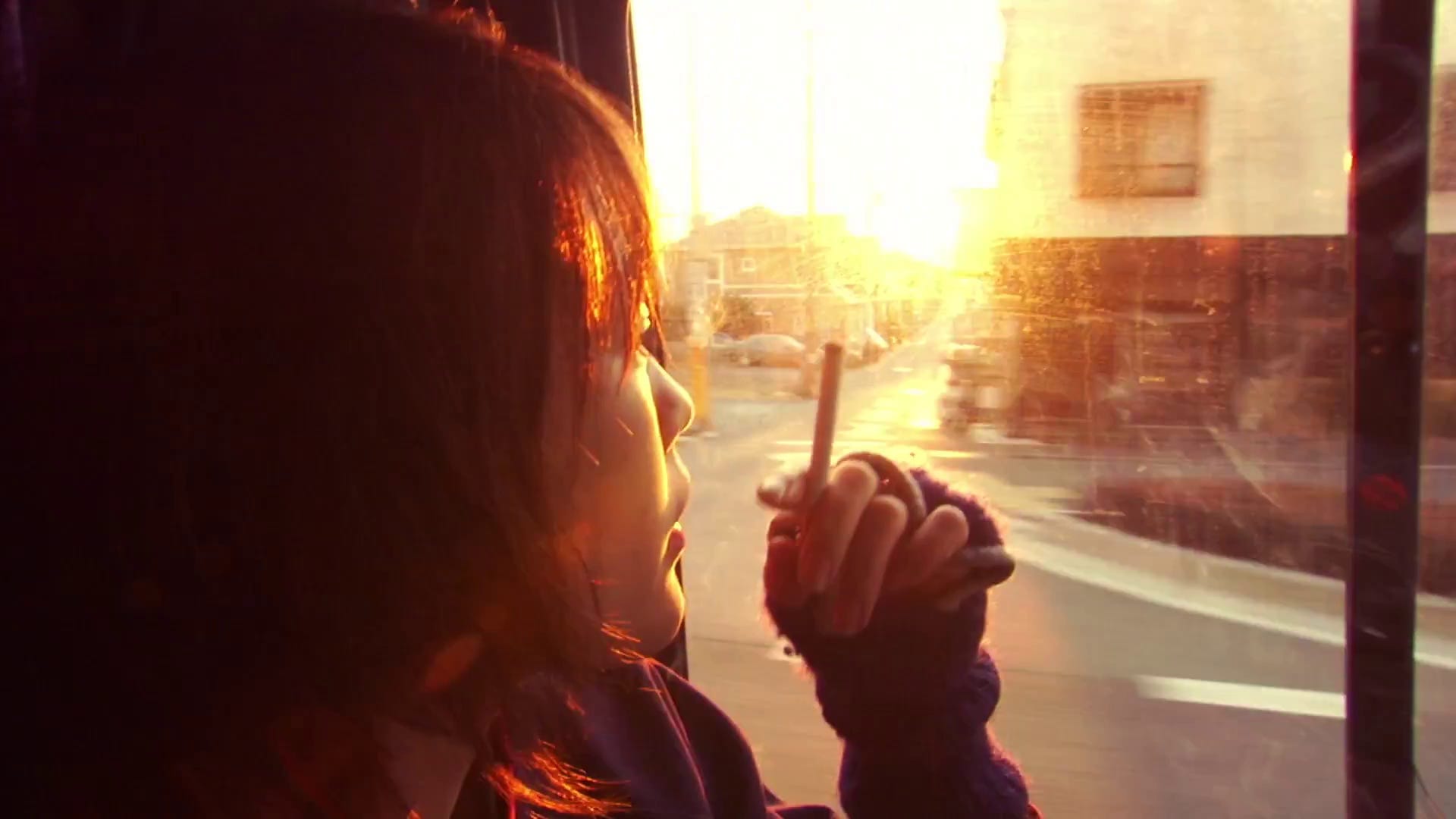
A movie I loved on first watch that quietly rose to an all-time favorite without me ever noticing. A gorgeous road-trip of incredible complexity and constant visual surprise, this is a movie that exists firmly in the world of contemporary Japanese literary fiction—the same land occupied by authors like Sayaka Murata, Mieko Kawakami, Natsuko Imamura—where the interior lives of women unable to conform to societal expectations are given uncompromising empathy.
oh, and here’s a great discussion about BL.

